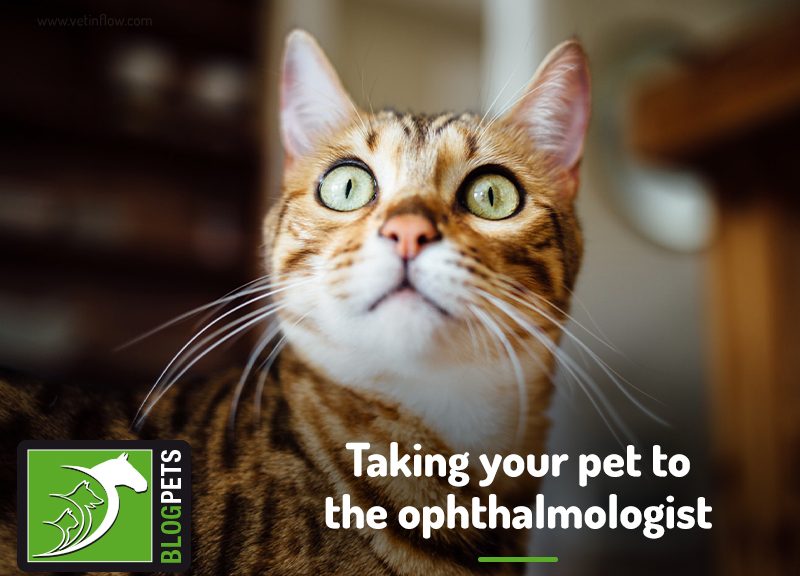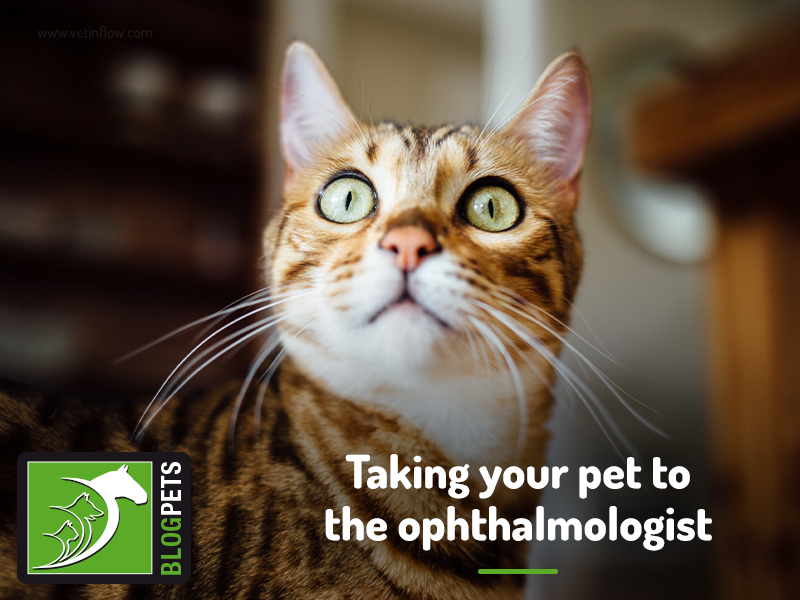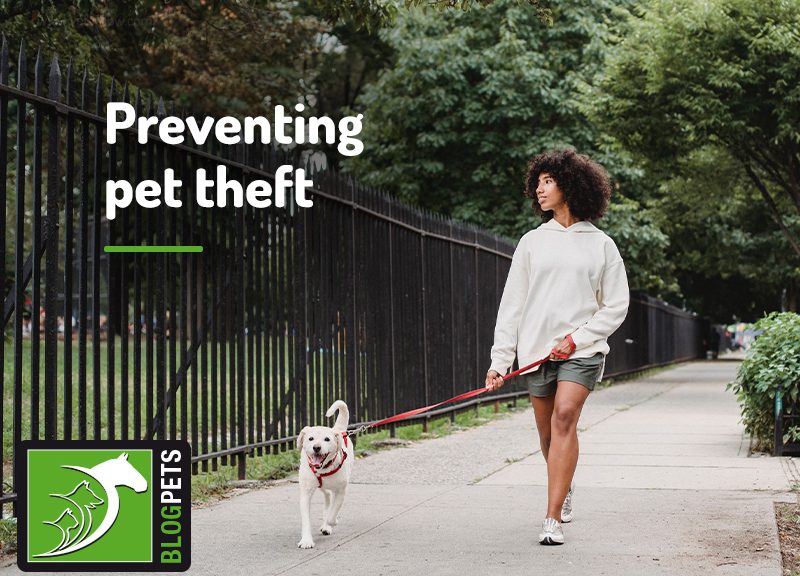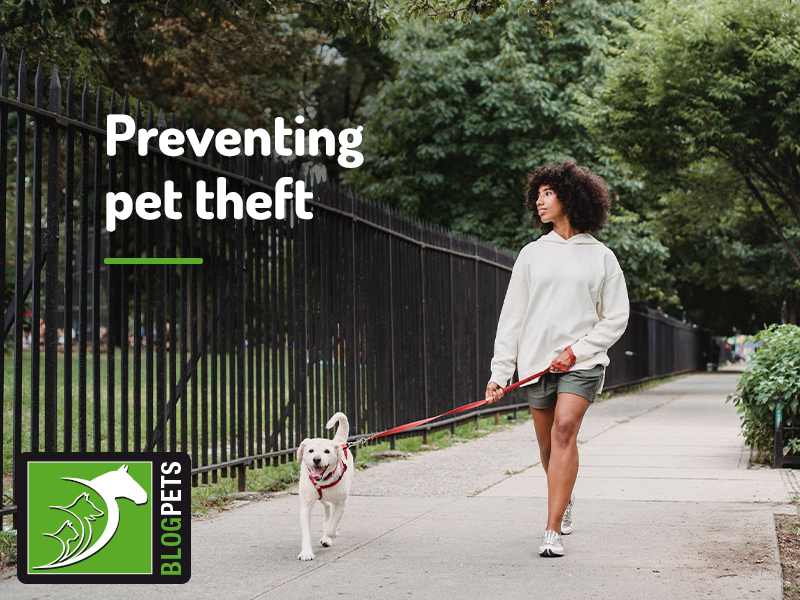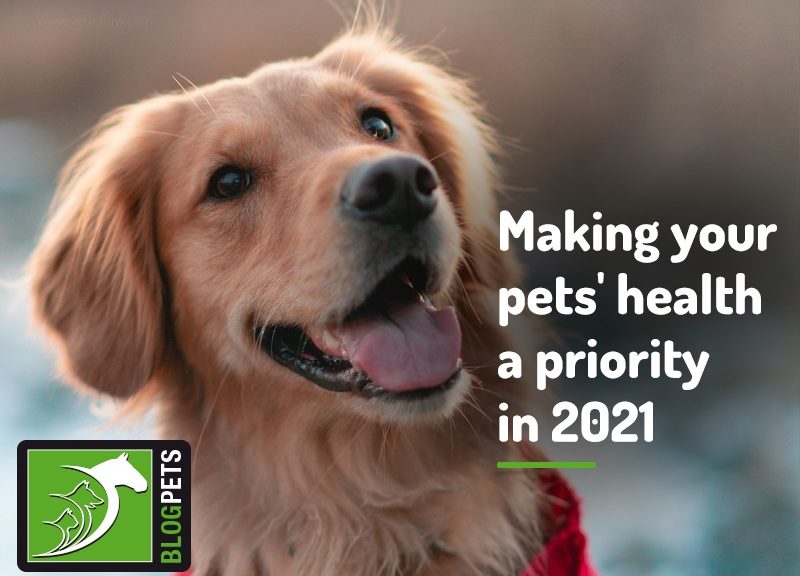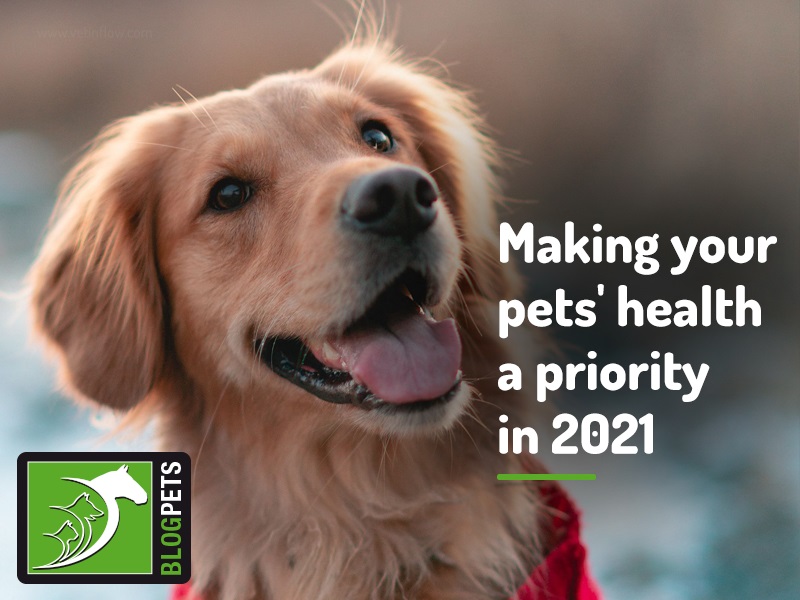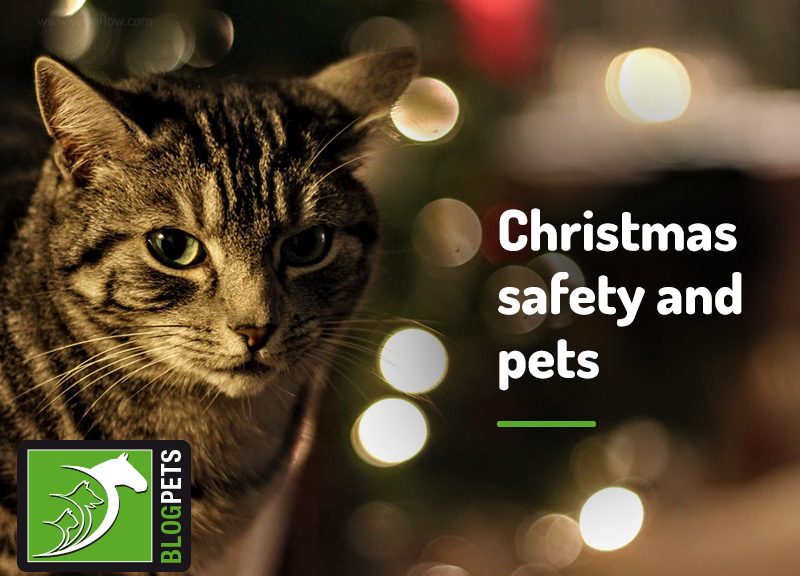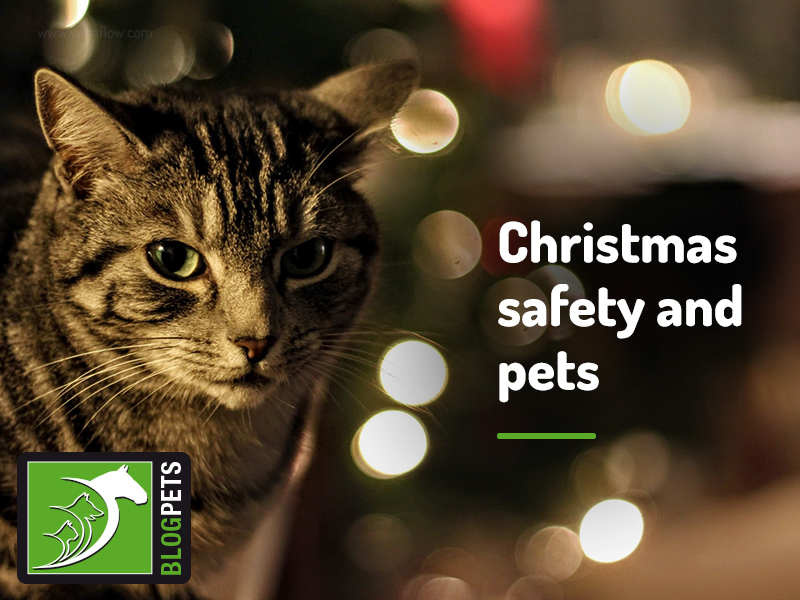Throughout the years, there have been several developments in veterinary medicine, and with these, specialisation in different areas of clinical practice.
Just like human medical doctors, veterinary surgeons can choose an area of expertise that they’re keen on and pursue further education and training on the subject. For instance, did you know that there are vets specialised in eye health?
And that is what we are going to address today – veterinary ophthalmology.
Veterinary ophthalmology
Vets can collect valuable information from conducting a thorough eye exam, which is not limited to the eye itself.
Systemic conditions, such as diabetes, hypertension, infectious diseases and others, can manifest through ocular signs, emphasising the importance of a meticulous physical examination, even when the problem seems to be localised.
And given that ocular signs can have multiple causes, from something as harmless as a speck of dust getting caught in the eye to something as severe as life-threatening hypertension, eye problems should never be overlooked.
So, as a pet owner, how can you recognise signs of ocular disease?
Common signs of eye disease include:
• Excessive tear production and tear staining
• Dry eye
• Eye discharge
• Excessive blinking
• Inflammation (red eye)
• Asymmetric eyes (different sized pupils, bulging, swelling, drooping eyelids, …)
But there are more subtle indicators that there might be problems with your pets’ eyes or vision, such as:
• Pawing at the face and other signs of ocular pain or discomfort
• Avoiding being touched on the head
• Avoiding bright places (increased sensitivity to light)
• Pain-related behaviours (aggression, hiding, …)
• Being startled when touched or bumping into furniture and other obstacles if there is vision loss.
Ocular problems and when to seek help
There are many eye-related conditions that can affect our pets, such as conjunctivitis and eye infections, which are common in kittens and unvaccinated cats (cat flu), cataracts, glaucoma, and cherry eye, to name a few.
A common ocular problem affecting dogs during spring and summer is foreign bodies (e.g. grass seeds). Foreign bodies are any kind of object that enters the eye and gets stuck on the eyeball surface.
Tear flow and blinking are sure to follow as these are normal mechanisms that protect the eye, aiding in removing these foreign materials. However, these may be insufficient, so if persisting, you should seek veterinary assistance to have the foreign body removed before complications (such as eye infections) develop.
These and other simple eye issues can usually be addressed by your regular vet, but if it’s something more complicated, your pet may need to be referred to a veterinary ophthalmologist.
If you have any concerns about your pets’ eyes or vision, don’t hesitate to contact your vet. As with most other health issues, the sooner the problem is addressed, the better!
